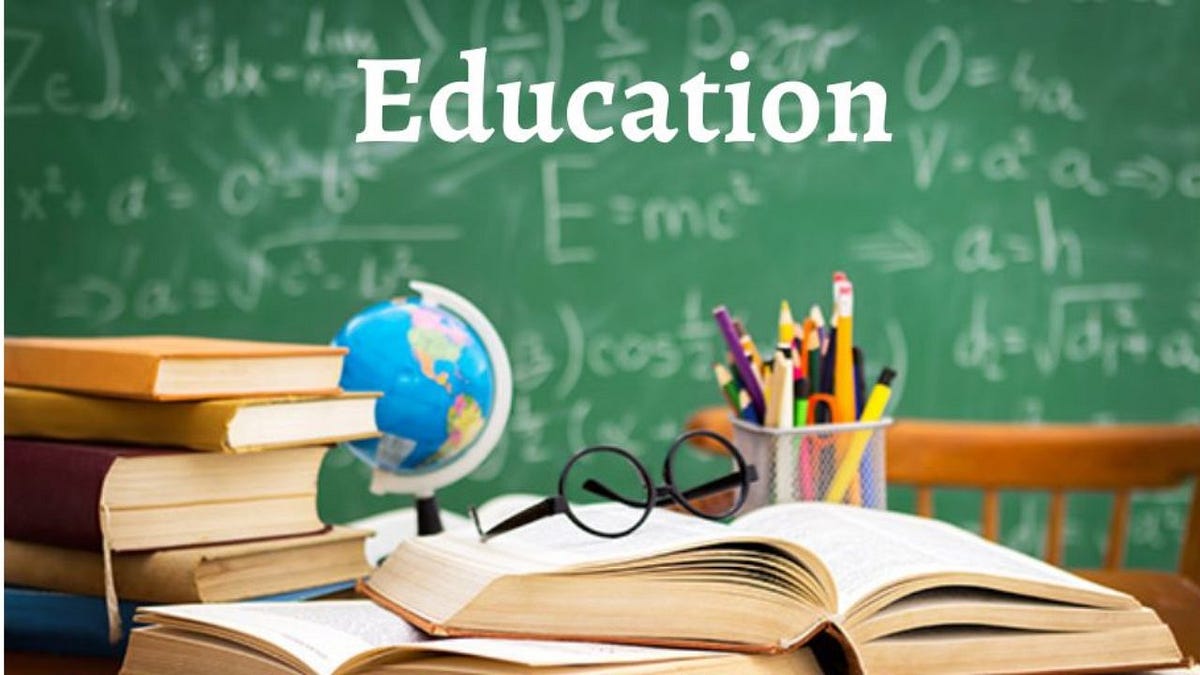What is the definition of education?
Education stands as a cornerstone of human development, shaping individuals and societies alike. But what precisely is the definition of education? In our quest for knowledge and understanding, it’s essential to dissect this multifaceted concept, unraveling its layers to comprehend its true essence.
The Foundation of Knowledge
At its core, education embodies the transmission of knowledge, skills, values, and beliefs from one generation to the next. It serves as a catalyst for intellectual growth, empowering individuals to navigate the complexities of the world with clarity and insight. From the earliest forms of informal learning to structured academic pursuits, education paves the way for personal and collective advancement.
Beyond the Classroom Walls
While classrooms serve as traditional hubs of learning, education extends far beyond their walls. It permeates every aspect of our lives, encompassing experiences, interactions, and observations that shape our understanding of the world. Whether through formal instruction, hands-on exploration, or cultural immersion, each encounter contributes to our ongoing process of learning and growth.
The Purpose of Education
What drives the pursuit of knowledge? At its essence, education serves a multitude of purposes, each intertwined with the fabric of human existence. It equips individuals with the tools they need to thrive in their chosen pursuits, whether academic, professional, or personal. Moreover, education fosters critical thinking, creativity, and adaptability, empowering individuals to confront challenges and seize opportunities in an ever-changing world.
Education as Empowerment
Empowerment lies at the heart of education, offering individuals the means to transcend barriers and unlock their full potential. By equipping learners with knowledge and skills, education serves as a catalyst for social mobility, economic prosperity, and personal fulfillment. It empowers individuals to chart their own paths, pursue their passions, and contribute meaningfully to society.
The Evolution of Education
As society evolves, so too does the landscape of education. From traditional pedagogical approaches to innovative technologies, the methods and modalities of learning continue to evolve in response to changing needs and advancements. Blended learning, online education, and experiential learning opportunities represent just a few examples of how education continues to adapt to the demands of the digital age.
Education for All
In an ideal world, education would be accessible to all, regardless of background or circumstance. Yet, disparities in access and opportunity persist, posing barriers to equitable education for millions around the globe. Addressing these inequities requires a concerted effort to dismantle systemic barriers, expand access to quality education, and ensure that no one is left behind in the pursuit of knowledge.
Conclusion: Embracing the Power of Education
In conclusion, the definition of education transcends mere instruction, encompassing a vast array of experiences, values, and aspirations. It empowers individuals to reach their full potential, enriches societies, and drives progress on a global scale. As we continue to navigate the complexities of the modern world, let us embrace the transformative power of education and strive to build a future where knowledge knows no bounds.




